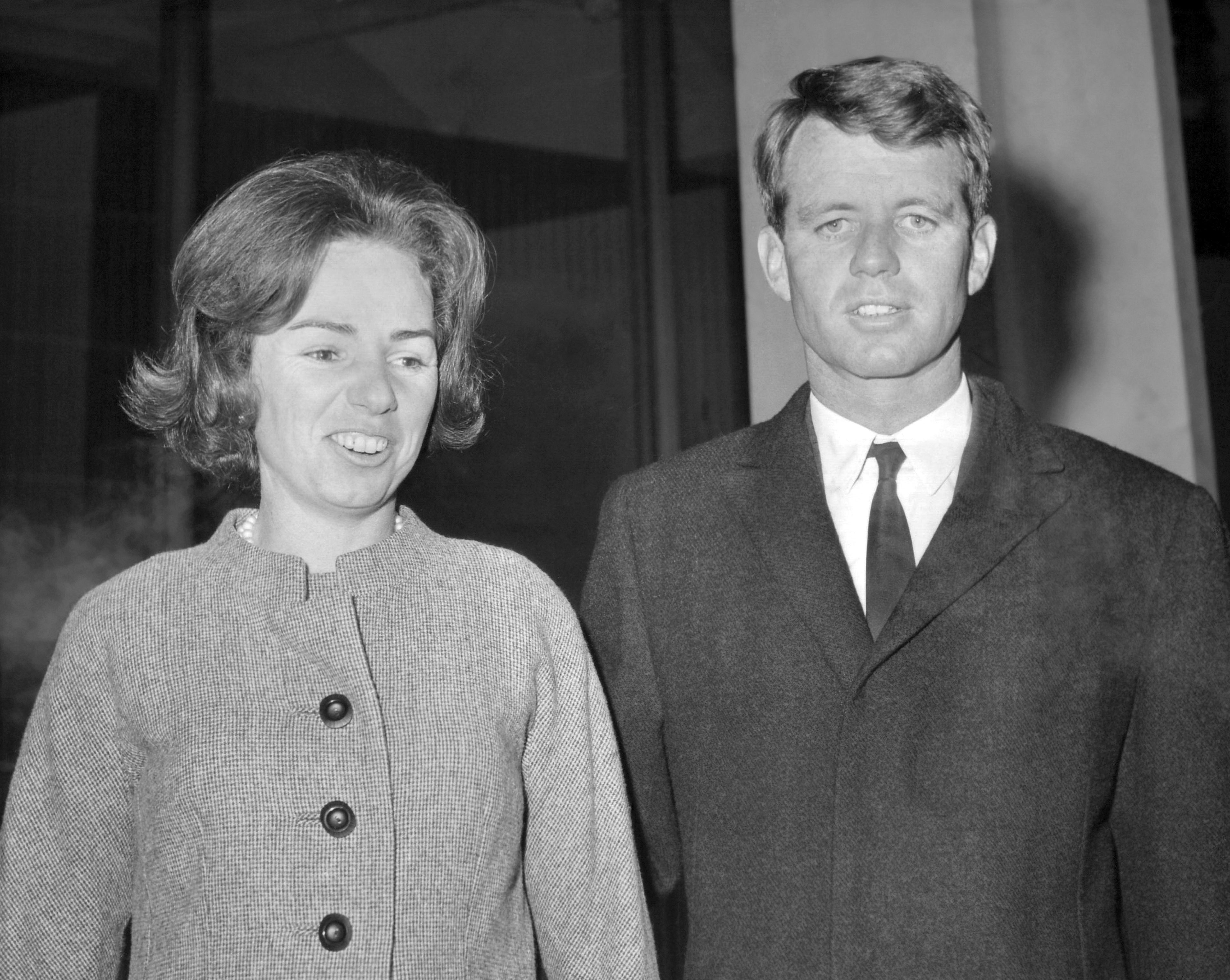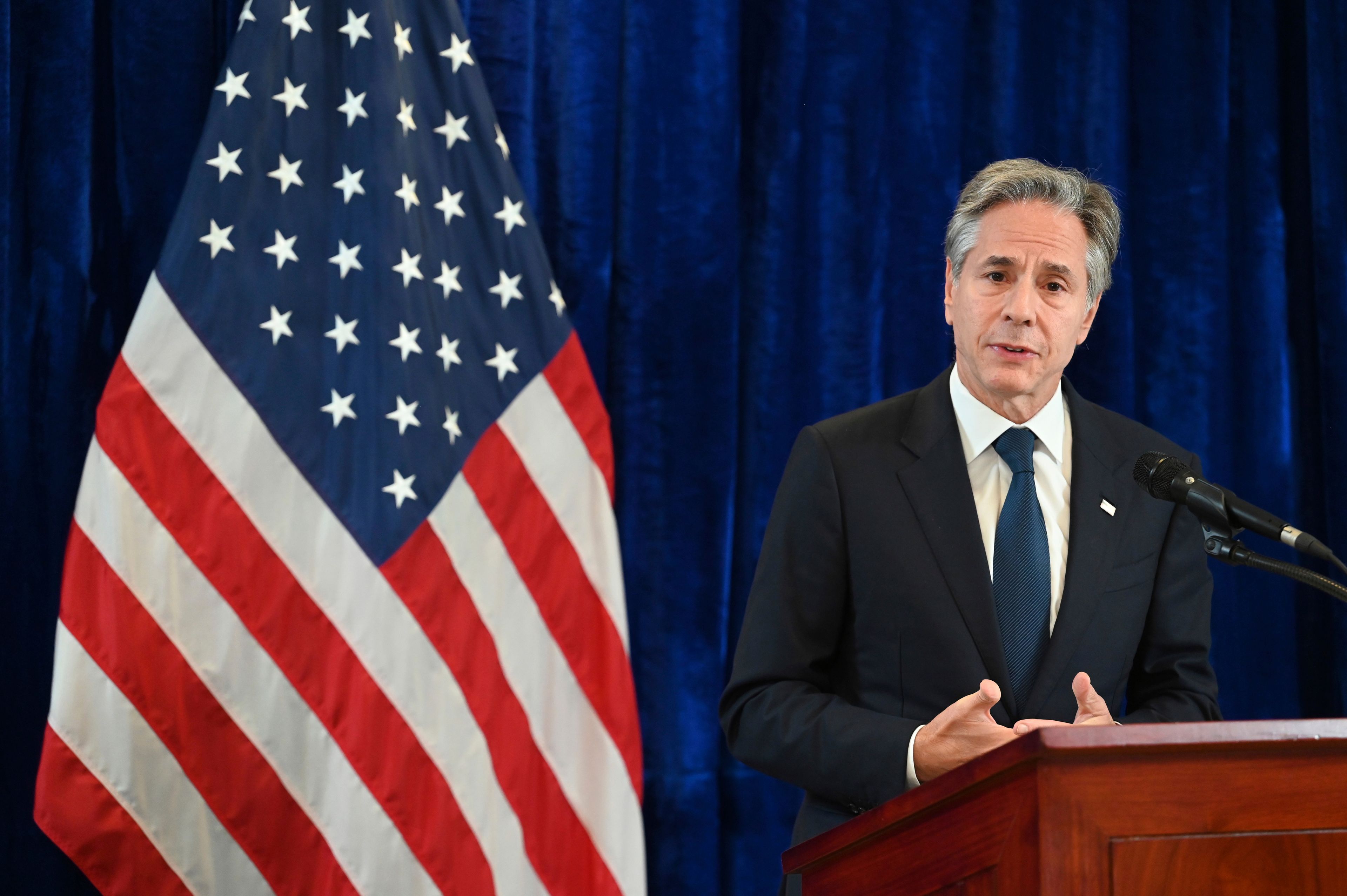Commentary: Cheff’s success puts him in class by himself
When I heard Ed Cheff, the former Lewis-Clark State baseball coach, died Saturday at the age of 78, I couldn’t help but look back fondly and marvel at the accomplishments of this man who reached heights seemingly impossible for anyone else to scale.
In the world of sports, Cheff not only had an outstanding coaching mark at LCSC, but he also set mind-boggling records no other high school, college or professional team or its athletes in this country might hope to achieve.
How did he do it? Who knows? But for me personally, I believe that his future greatness first shone brightly way in 1978, his second year at the helm of the Warriors. His team was in St. Joseph, Mo., taking part in the NAIA World Series. We’ll discuss that moment in time in short order.
Looking back, nobody could have imagined that Cheff would go on to coach his LCSC teams to 16 national NAIA titles in 34 seasons (1977-2010), a truly remarkable feat not equaled anywhere at any major sport.
Broken down, Cheff compiled an eye-popping 1,705-430-4 record, just short of an .800 winning percentage. And against an NCAA school like Washington State and its successful coach, Bobo Brayton, the Warriors were 87-66 under Cheff.
But now, lets look back to 1978.
It was in the aforementioned Series that another outstanding coach came against the youthful Cheff, and that’s where Cheff’s future greatness took root in my humble opinion.
It was a Series matchup in which the Warriors held on to defeat St. Francis (Ill.) College 3-1. Coaching St. Francis that day was the most successful NAIA coach in the country, the venerable Gordon Gillespie, who in 1974-76 coached Lewis (Ill.) to three consecutive NAIA titles, then added a fourth crown as St. Francis coach in 1993.
Gillespie had a remarkable career as a football, basketball and baseball coach that spanned 59 years and added up to 2,402 victories against 1,170 losses, a .672 winning percentage. He was, to put it mildly, the man in the know and on the go.
So the LCSC-Lewis clash shaped up as a battle out of the Bible with the taller, older and more experienced Gillespie taking on the role of Goliath in going against the younger Cheff, who could be said to be playing the part of an Israelite boy named David.
In the Bible (and despite the odds), David prevailed against the Philistine giant Goliath. In St. Joseph, Cheff prevailed on the baseball field against a coaching legend.
It was late in the game and, without going into all the sticky details, Gillespie sent a batter to the plate Cheff thought didn’t belong. Gillespie fought tooth and nail, but Cheff stood his ground and appealed his case to the NAIA brass, which had to make an on-field decision at that time. After much deliberation, Cheff won the appeal agianst Gillespie, who later admitted that “I was outcoached.”
At that point, I knew Cheff was going to be an appealing figure (no pun intended) and he and the Warriors had a chance of going places, places that perhaps no other coach dared to go.
It was my privilege to cover his Warrior teams at the Tribune for some 25 years. He was always a gentleman in answering questions from the press, even on those rare occasions when LCSC lost.
And since I also served for around 10 seasons as an umpire for a number of Warrior encounters, I had the unique experience of observing his on-field demeanor close up, which could dramatically change on an out or safe call.
If Cheff was unhappy with one of my strike or ball calls, he let me know in no uncertain terms, then the game moved on like nothing had happened. He never held grudges.
Only once did Cheff make life extremely difficult for me. It was a Sunday afternoon game at Harris Field in the mid-1980s against the Washington Huskies. Bob MacDonald was the Husky coach, and he was immediately unhappy with my ball and strike calls. And then when I refused to give a Warrior batter first base because he didn’t try to avoid being hit, Cheff vented his displeasure at me, and before long the two coaches were barking loudly at me.
As a result, I felt at that time it was time to hang up my umpire cleats and move on to wearing comfy shoes and calling girls fastpitch and also men and women’s recreation slowpitch softball games.
While Cheff experienced so many great coaching moments, he also suffered a few dark moments. The darkest of all, in my opinion, came in the Portland, Ore., area during the 1981 NAIA regional tournament.
In a battle of schools named for the famous explorers Lewis and Clark, the local Warriors jumped to a comfortable 9-1 lead against Portland-based Lewis and Clark College, and Cheff ’s only concern at that moment was to prepare for the trip to the NAIA national tournament in Lubbock, Texas.
But the eight-run lead began slipping away, and in the ninth inning, Lewis and Clark scored the tying and winning runs to beat LCSC 10-9.
I had never seen Cheff take a loss so hard before or after. He literally couldn’t speak for a few seconds.
But you know something? Cheff got his voice back, and the Warriors came back in 1982, where they began to embark upon a run of championships never experienced at any level in sports.
While playing host to the NAIA World Series has had its advantages for the Warriors, Cheff’s teams also proved they could win away from home, capturing Series titles in Des Moines, Iowa, in 1992, in Sioux City, Iowa, in 1996 and in Jupiter, Fla., in 1999.
Isn’t it amazing that Cheff won 16 NAIA titles, yet his greatest team in terms of overall talent and record finished as a runner-up. That 1983 LCSC team beat up on everyone in its path.
And in the Series finals, LCSC — the tourney’s only unbeaten team — led once-beaten Lubbock Christian 3-2 in the eighth inning only to lose 4-3 on a two-run homer. Had the Warriors held on, they would have finished the season on top with a 70-5 mark.
The loss set up a winner-take-all game two days later that saw Lubbock Christian hold off the Warriors 12-9. The game ended when NAIA All-American Jim O’Dell, with the bases loaded and two outs, took a called third strike on a pitch that was definitely outside, and LCSC finished 69-7.
What a team! What a coach!
Barrows is a former sports editor of the Tribune.









